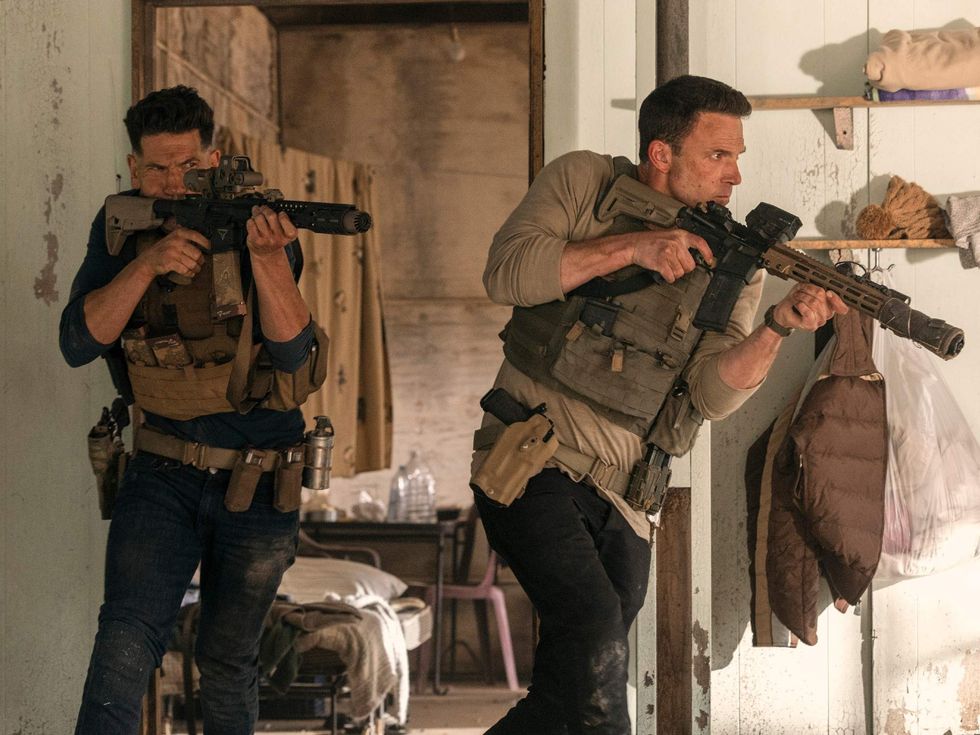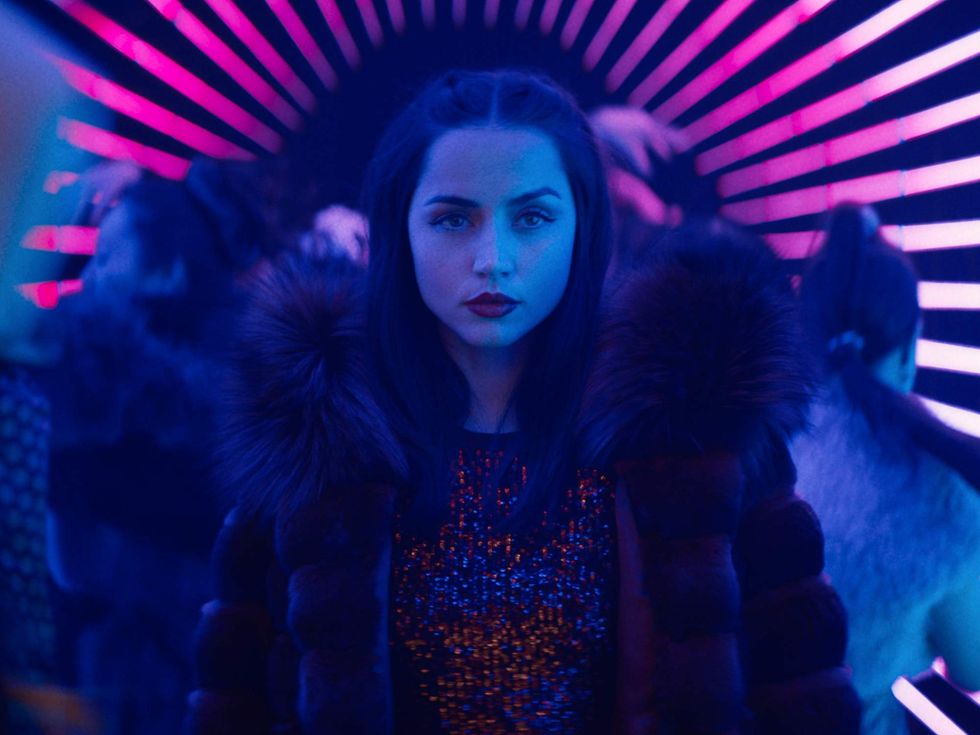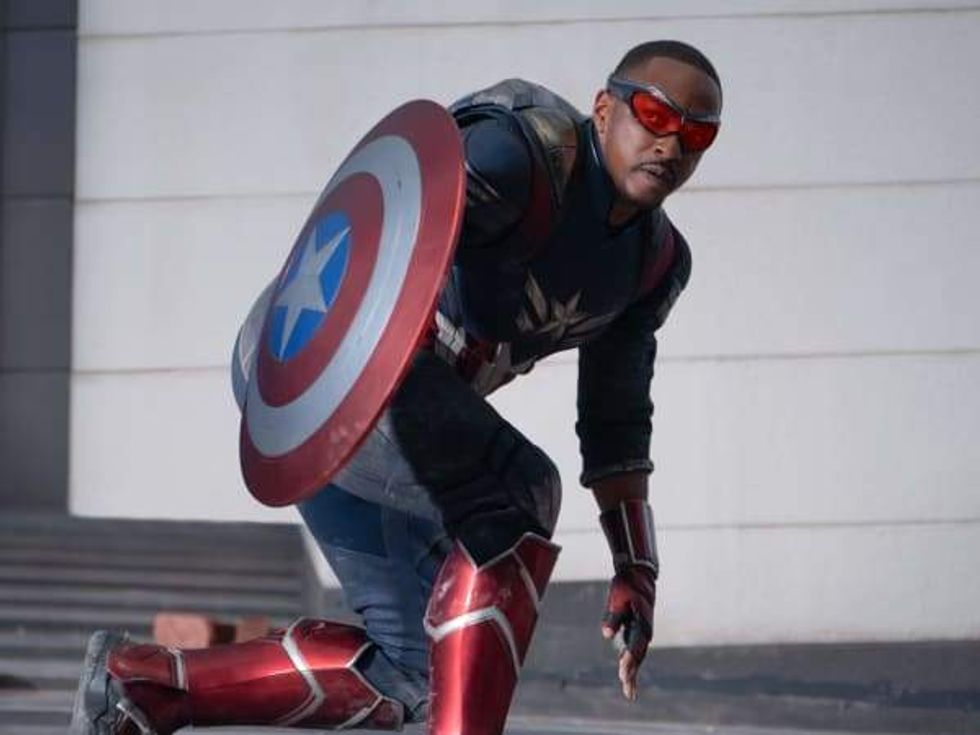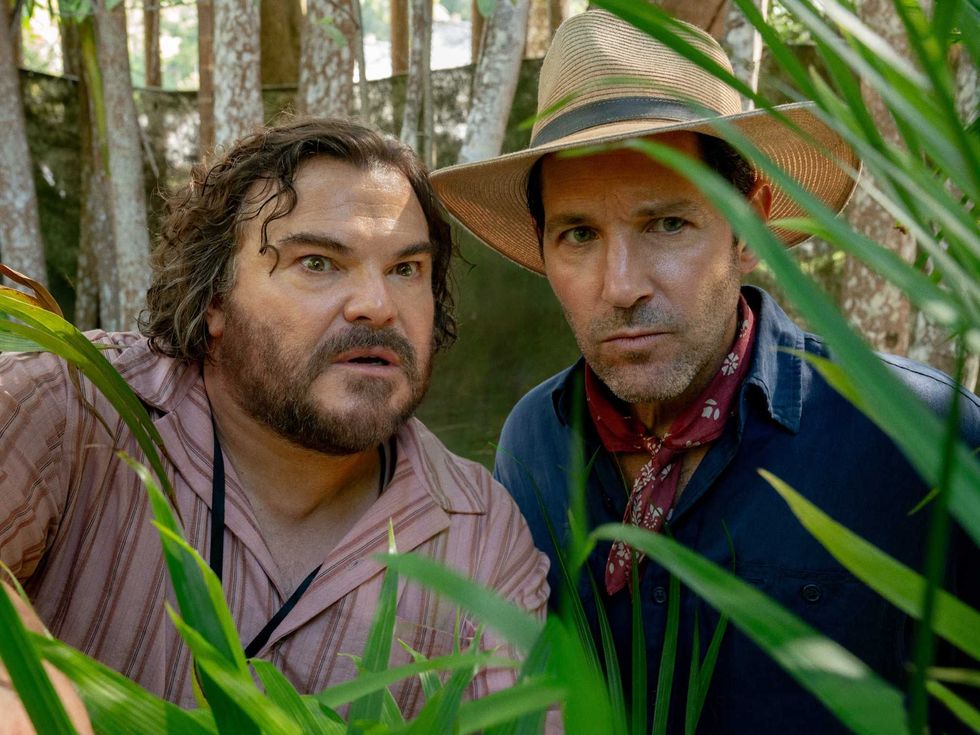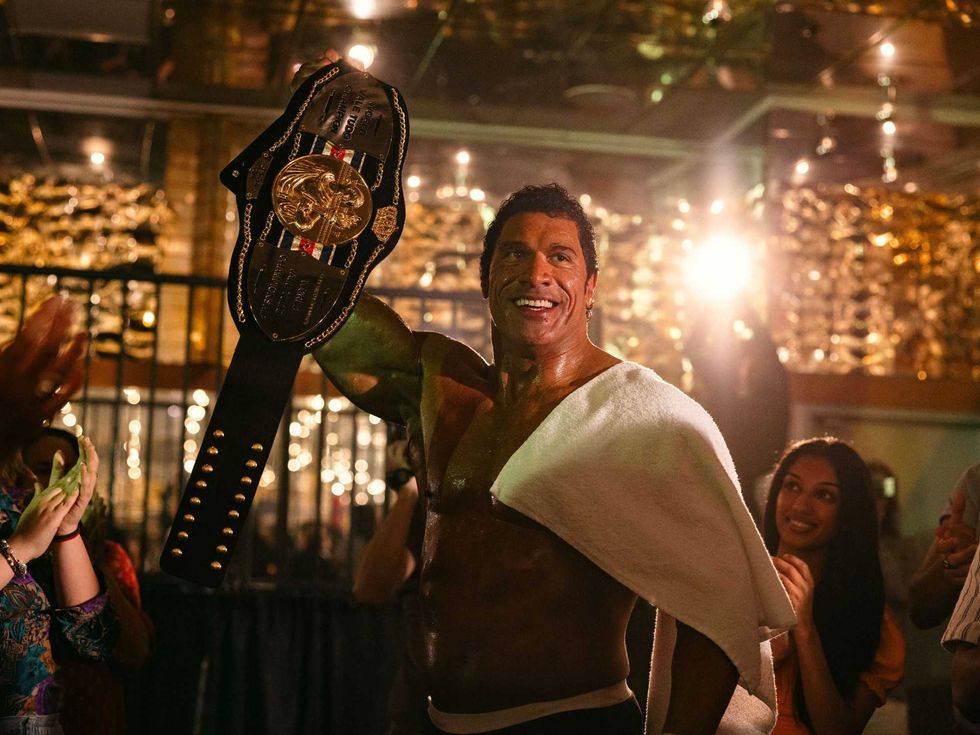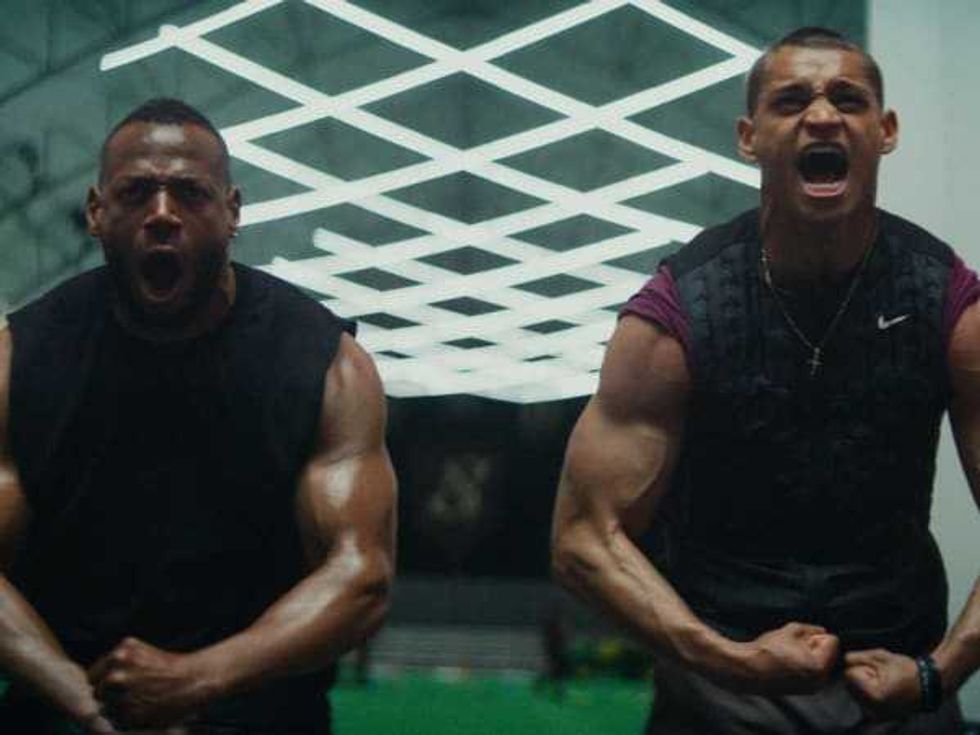Good Job, JC!
After wild ride, Montrose Rollerblader glides out of America's Got Talent competition
Juan Carlos' wild ride on America's Got Talent ended Wednesday night. The Montrose Rollerblader, who regularly entertains Houston motorists along Montrose Boulevard and Allen Parkway with his spins and booty shakes, made it to the final Top 48 contestants in the televised national competition and won the opportunity to compete before 6,000 fans at New York's Radio City Music Hall.
But phone voters across the United States instead chose young Alabama singer Jacob Curlee to continue to the semifinals of the popular NBC show.
Juan Carlos had made a wild entrance onto the stage of the famed theater Tuesday night, flying from the rafters in a harness as sparklers erupted from his skates. Wearing a body-hugging gold lame suit, he spun to Madonna's "Vogue," as a bevy of dancers cavorted around him.
The judges' critiques were similar to the previous week, where Howie Mandell, Heidi Klum and Mel B were pleased by his performance but Howard Stern was unsparing in his criticism.
Nevertheless, JC looked like he was having a great time and most observers would agree he did Houston proud. You be the judge (in video above).




